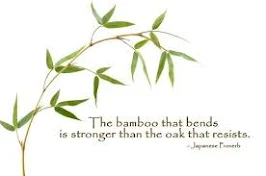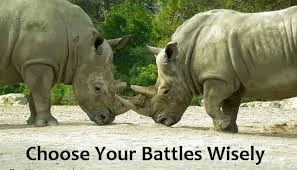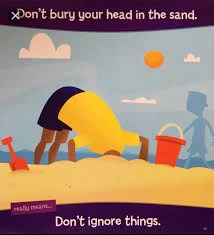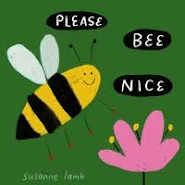Taking Things For Granted?
How often have we witnessed [OR have been guilty in the past like me] WHEN we were deprived of something, we immediately took notice of it and bemoan its absence, like laughing in a cinema in the midst of a collective hush around us. Oh yes, there are a host of things like this that the recent pandemic has enhanced through their loss. Right now, before we get too much of our former lives back, each of us ought to make a 'MENTAL INVENTORY' of WHAT we have missed. We should hurry up to do this reckoning before we become numb to WHAT longing has taught us in life. During month after month of enduring a circumscribed world, WHAT had been normal became extraordinary. Indeed, Taking Things For Granted???
The past months, I'll admit that I've been startled at that so-so simple pleasure of picking out my own apples from the grocery store bin [instead of just glimpsing them already bagged, a DONE DEAL in a curbside pickup. Indeed, taking things for granted is a kind of mental dullness applied to the ordinary. And we will surely succumb to it again UNLESS we fight hard against it. YES, I want to keep savoring the act of feeling around in the bin, choosing the apples by whim OR confident agency instead of erasing a 30-second chore with my mind on the next fruits though💥💥💥
Let's relook at real life scenarios. You planned for a dream holiday in Bali OR in Hawaii and then, WHEN you arrived on Day-1, wow, you felt you were on CLOUD 9. Come Day-3, you've stopped noticing the spectacular sunsets on your hotel window. To borrow the jargon from scientists, they call it that 'HEDONIC ADAPTATION', that tendency to derive less enjoyment from HAPPY experiences as time passes. Things that spark joy and wonder initially can become routine and less pleasurable after repeated, unvarying exposure which, in turn, affects our ability to appreciate GOOD THINGS in life💦💦💦
That HEDONIC ADAPTATION was also aligned by psychologists with HABITUATION. So, HOW do we HABITUATE? Experts tell us that our brain is akin to a 'PREDICTION MACHINE', as it constantly scans your surroundings for relevant information, WHICH means, the brain stops alerting us to things that we DON'T need our full and immediate attention. That includes things like the road you're driving on OR hearing once again the job woes of your partner/spouse. On the other hand, WHEN something surprising OR unexpected happens, our brain responds strongly❎❎❎
Our takeaway: Looking back, a lot of the time, we just couldn't be possibly attentive to every experience all of the time. BUT when we want to savor good experiences, adaptation will work against us, keeping us from noticing OR enjoying the things in our lives that matter. YES, the GOOD THINGS in life will trigger a burst of joy if you experience them occasionally. BUT once those experiences become frequent, daily perhaps, they stop producing real pleasure. WHAT else can we do? YES dude, let's endeavor to improve our tendency to TAKE THINGS FOR GRANTED😌😌😌




























































